t seems like some kids are musical and some are not. Sometimes parents bring their child for their first piano lesson and they say “You’ll tell me if she’s talented or not, right?” to which my answer is “don’t worry, she is.” And I believe it with all my heart.
Some kids are more “ready” for traditional music lessons by age 5, 6 or 7 than others. There’s usually a difference in how music is experienced at home that makes this difference.
Here’s what you can do to help get your child ready for formal, sit-down, instructive (hopefully fun) piano lessons, so that your child will be ready and anxious to get started playing, creating, and writing tunes of their own, long before age 7.
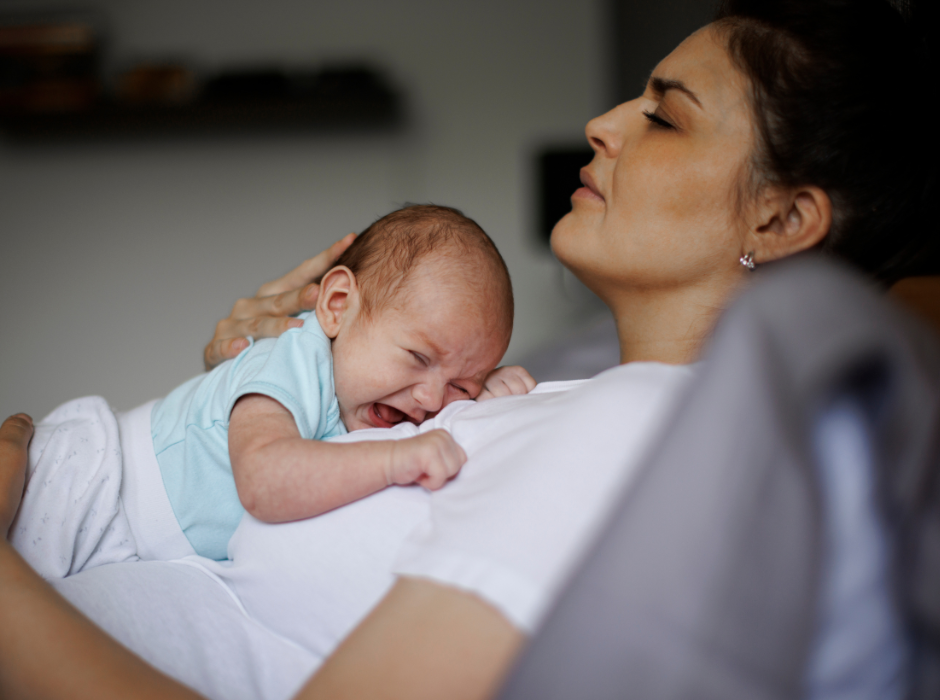
Teach concepts individually from the day your child is born, the way you naturally do with spoken language! You can incorporate these natural parenting techniques into your ability to teach your baby to be naturally musical, because music is a language!
What I’ve learned over a lifetime, and especially over the past 20 years is that everyone is born with musical genes. The first thing every single one of us did when we were born was to start singing! Think about it. Singing is using your breath to create sounds that express feelings and emotions, and that evoke feelings and emotions in other people. That’s exactly what crying is. And laughing! And ooo-ing and aaaah-ing. Babies do it naturally, and then we do everything within our power to get them not to. What the heck? Even lullabies are all about telling babies not to cry.
You can learn how to help your baby to use their natural gifts of musical expression by:
- Stop telling them not to cry (I know this is hard because we’ve been programmed)
- Listen to what your baby has to “say”
- Sing back when your baby sings to you
- Sing to your baby often, even in place of regular talking (your baby won’t judge you)
- Expose your baby to music making at home
- Show your baby that you love to learn, by learning to play the piano and/or other instruments
- Take your baby to hear and watch live musical performances
- Teach your baby musical concepts like
- Up and down
- Long and short
- Loud and quie
- Telling a musical story
Just as with spoken language, you show these things to your baby long before they’ll be able to demonstrate that they understand.

Kids who have these experiences regularly in their lives tend to be naturally interested in making their own music, and are ready to learn. They are “gifted” by what you give them.
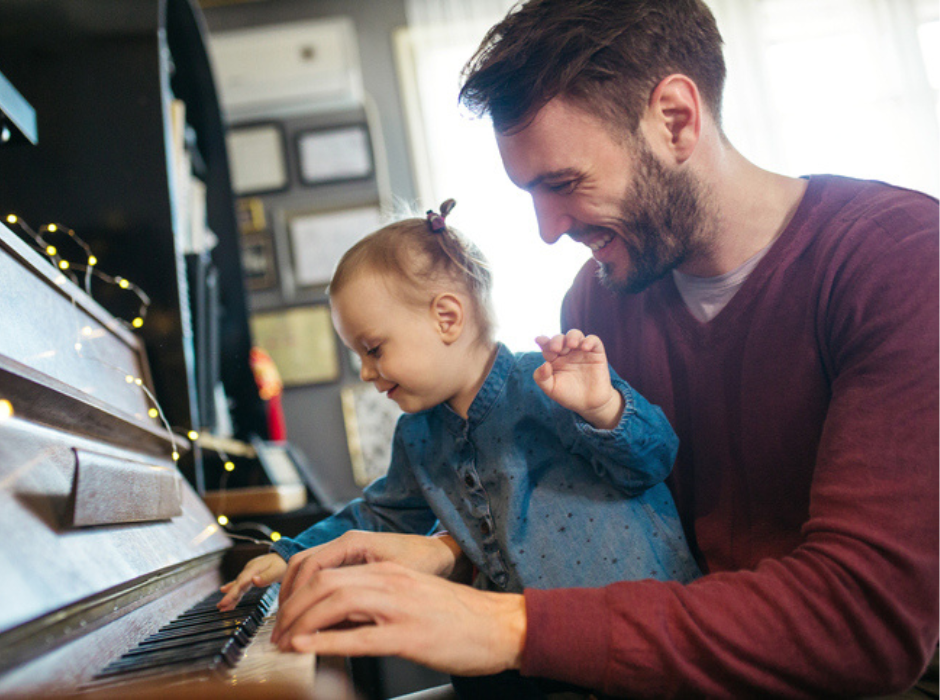
I get to enjoy, every day, watching families grow closer by making music together, and kids growing up with confidence in their decision making and in their ability, reasoning skills, eye-hand coordination, and desire to keep creating music. My goal is to help provide these opportunities for all parents and their kids. Doesn’t that sound like a great idea?
Every parent wants their kids to have the best opportunities possible to create happy, fulfilling lives for themselves. If music education is so helpful, doesn’t it make sense to start teaching them early?

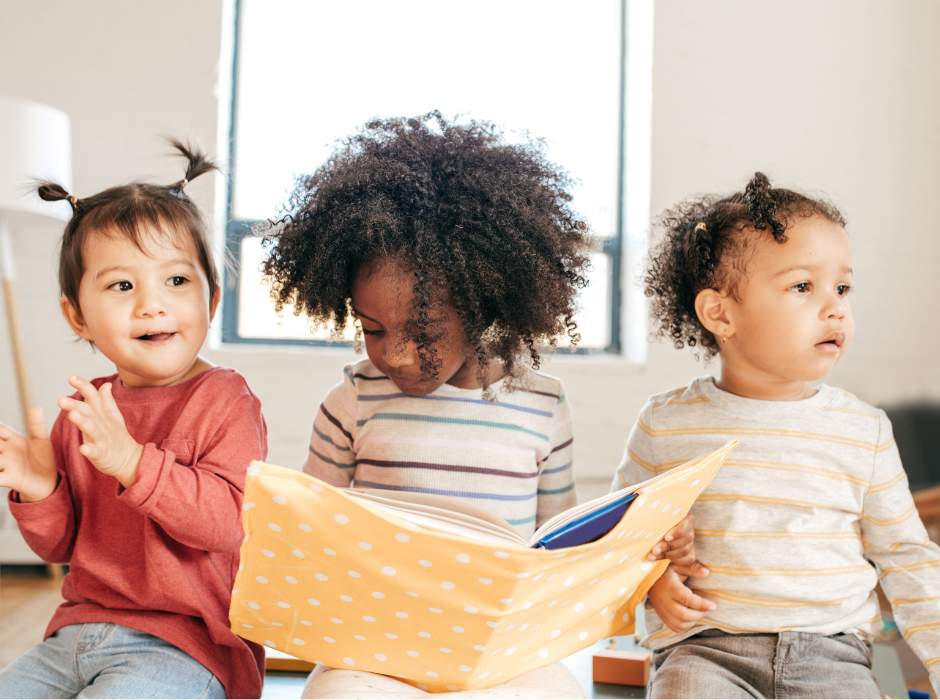
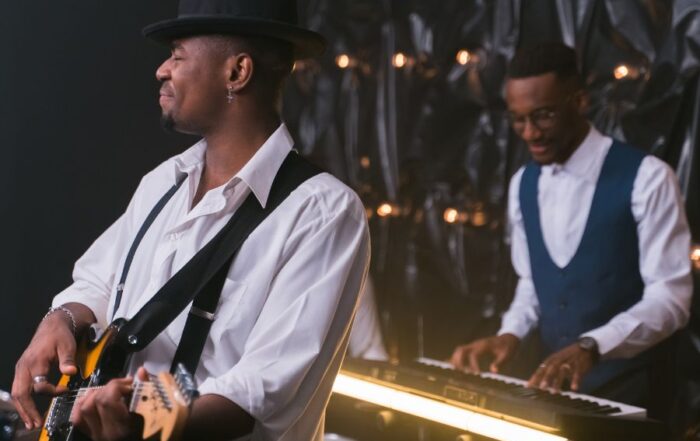


Leave A Comment